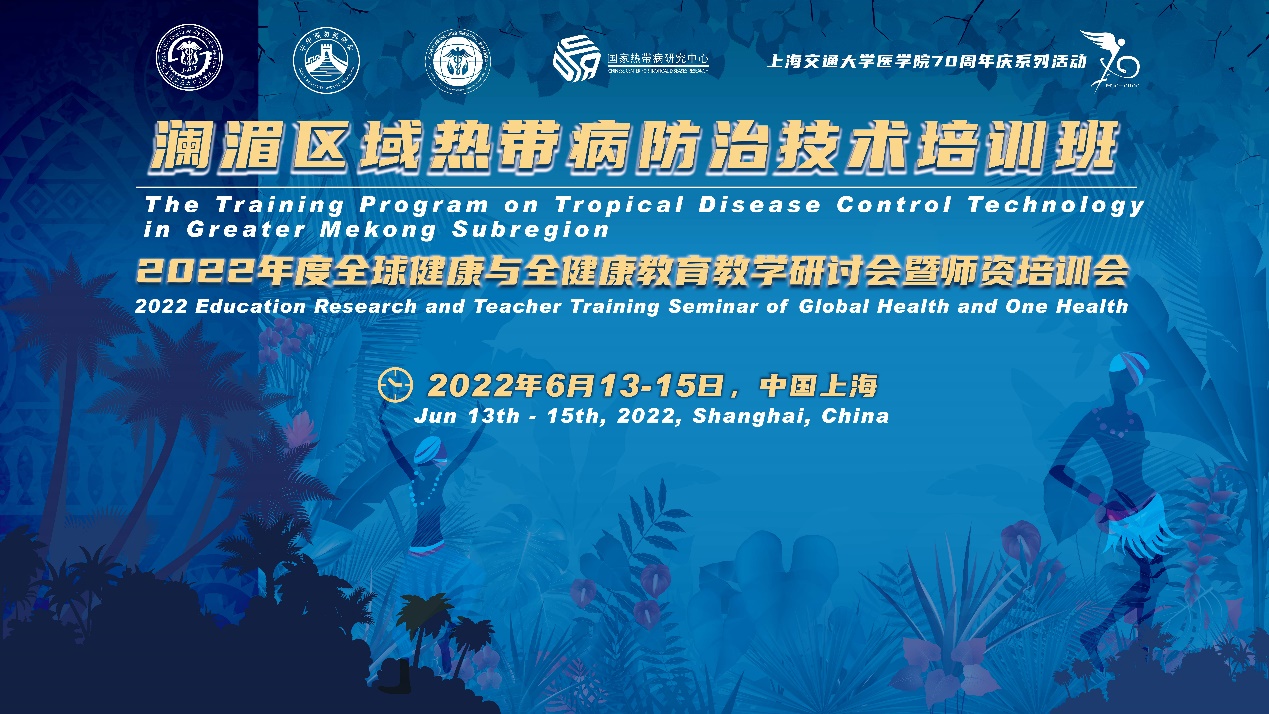
In recent years, emerging and re-emerging diseases have a significant impact on public health and global economies. Faced with the spread and outbreak of zoonoses, food-borne diseases and antimicrobial resistance (AMR) among different species and regions, "One Health approach"- an approach to designing and implementing programmes, policies, legislation and research in which multiple sectors communicate and work together to achieve better public health outcomes is urgently needed.
In the context of the global joint to fight against COVID-19 pandemic, adaptations need to be made to mitigate the impact of pandemic for combating tropical diseases safely and effectively in countries. With that, surveillance and response are the cornerstone that ensure the gathering of information for public health actions to the global prevention and control of tropical diseases and achievement of the United Nations' Sustained Developing Goals (SDGs).
The “Training Program on Tropical Disease Control Technology in Greater Mekong Subregion” aims to contribute developing the next generation of public health leaders.
It will be held online from 13 to 15 June 2022. This training program proposes to share scientific knowledge and experience on "One Health", address the impact of the pandemic to the global control and elimination of tropical diseases and explore constructive approaches to strengthen surveillance and response system through effective cooperation and innovative partnerships. Specific topics to be discussed include:
• Global One Health Index and One Health Practice Cases;
• Impacts of COVID-19 on tropical diseases control in the scopes of global, regional and countries;
• One Health approach on vector control for tropical diseases and economic evaluation of the practice of the approach;
• Interdisciplinary perspective for tropical diseases control: Big data & Artificial Intelligence;
• Knowledge transfer and adaptation: Re-thinking the China-Africa public health cooperation on tropical diseases.
The training program will invite experts from World Health Organization in global, regional and country levels and international professors and researchers from prestige universities and institutions. The symposium will include an IDEA Forum on 14 June and an editorial board meeting of the journal Infectious Diseases of Poverty on 15 June.
The objectives of the training program are as follows:
· To develop future public health leaders with adequate international experience and cultural awareness, build their own skills, receive hands-on experience, intellectual stimulation, technical guidance and mentorship;
· To share scientific knowledge and experience and promote joint research or activities related to "One Health" in collaboration between industry, academia and government;
· To update the situation and challenges of Surveillance-Response Systems on Tropical Disease;
· To share the skills and experience for the control of One Health and Tropical Diseases Control;
· To strengthen partnerships among institutions and networks.





